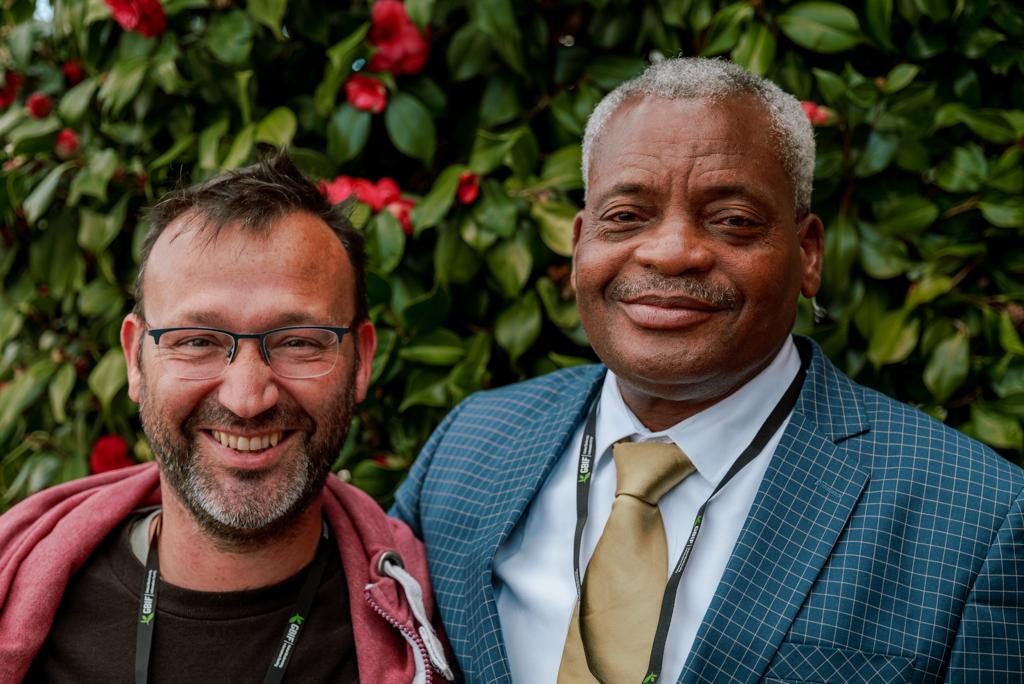Engaging research communities for data mobilization and use
Context
|
Nodes play an essential role in building engagement with researchers within their countries and networks, promoting open science principles (in line with the UNESCO open science recommendation) and building communities of data publishers and users. Research communities can help to identify data gaps, data needs, and challenges in the use of the available data that can help nodes to prioritize activities. Several nodes have succeeded in embedding GBIF within academic training programmes (see guiding example from Benin), developing capacity and encouraging new generations of researchers to follow open science practices. GBIF’s focus on thematic communities (including soil, freshwater and disease vector thematic communities in 2023), will lead to growing interest in data publishing and data use from researchers that will seek to connect with nodes for support. (See Nodes Strategy #1 for more detail. |
Learning objectives
|
After completing this module, you should be able to perform the following:
|
Trainers
|
The following trainers have developed the content for this topic: Dimitri Brosens, Node Manager, Belgium Dr. Jean C. Ganglo, Node Manager, Benin Secretariat consultant: Dmitry Schigel, Scientific Officer 
|
Preparation
|
Complete the following activities to prepare for the onsite sessions: Read about how and where GBIF-mediated data is used. |
Module 1
GBIF as a research infrastructure
| This presentation provides an introduction to GBIF as a research infrastructure |
-
GBIF Memorandum of Understanding
-
Search for all things “science” and “research”. Tip: focus on page 2.
-
Review GBIF governance, focusing on Science committee. Explore the Terms of reference and the composition of the committee.
-
-
-
Search for all things “science” and “research”. Tip: in 2023-2027, most of things will be under Priority 1.
-
-
-
Search for all things “science” and “research”. Tip: in 2023-2027, most of things will be under Priority 1.
-
-
Guide to Establishing an Effective GBIF Participant Node
-
Review the four roles/recommended profiles for a Node? Tip: look for section 3.1 Support for science and research.
-
Engaging research communities - Benin
| This presentation focuses on experiences engaging the research community in Benin. |
Discussion
| During this section you will contribute to a discussion on engaging research communities. |
Identifying use of data
| For this activity, you will watch a demonstration and then have the opportunity examine the use of science in your country. |
-
Scroll and select the Peer-reviewed papers using Data section on the GBIF.org homepage.
-
Using the filters on the left, select a Topic.
-
Using the filters on the left, select your country for the Country or area of researcher. Note the number of peer-reviewed papers.
-
Clear your filter for Country or area of researcher.
-
Using the filters on the left, select your country for Country or area of coverage. Note the number of peer-reviewed papers.
-
Select one of the papers. Examine the information provided. Do you know any of the researchers?
-
Using the search in the menu bar (magnifying glass icon), search for your country.
-
Select your country from the result and review the Activity report. How might you use this information in engaging with researchers in your community?
Module 2
Engaging research communities - Belgium
| This presentation focuses on experiences engaging the research community in Belgium. |
Community engagment BINGO
| For this activity, you will be placed in teams of 3-4 where you will list the community building tools and resources that your Nodes currently have, should have and would like to have in the future. |